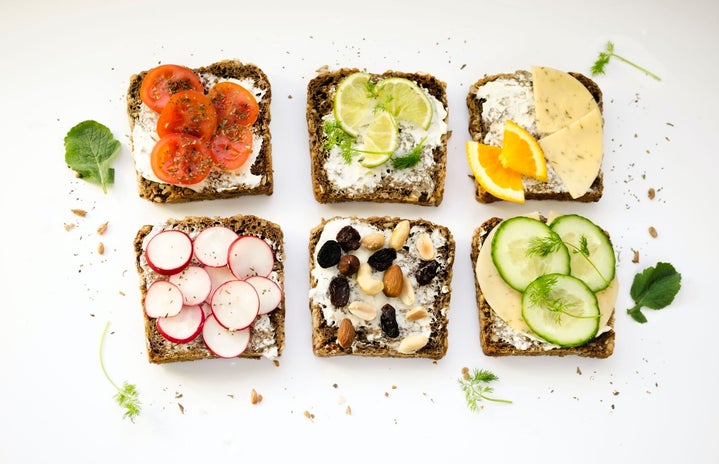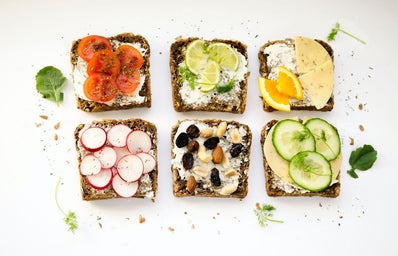While dieting has been around for a long time, it has, with the help of the internet, reached new levels of popularity. There are hundreds of diet plans out there that market themselves as the solution to weight loss and better health. In my quest for a healthier lifestyle, I have tried a few of the popular “fad diets”. Below are my honest reviews about their success and how I felt.
These reviews are based on my own experiences and should not serve as a substitute for actual medical advice.
The Ketogenic “Keto” Diet
This diet is a low-carb, high fat diet. The goal is to drastically reduce your carbohydrate intake so your body enters a metabolic state called ketosis. There are many variations on this diet, but the goal is the same: to induce your body into a state where it burns fat rather than carbs for energy.
I followed the keto diet for about two months. I did lose a lot of weight, but I was not able to enjoy the occasional sweet treat or even most fruits without feeling incredibly guilty and pushing my body out of ketosis. I also had to contend with the “keto flu”. As your body makes the transition into ketosis, it can have some nasty side effects including blood sugar crashes, headaches, and irritability, usually lasting around 3-5 days. I will say that one very good thing that came of it was that I was able to kick my sugar addiction to the curb. However, once I went back to consuming carbs, I gained every pound back, so it definitely was not worth it.
The Paleo Diet
The paleo diet is meant to harken back to the days when we were hunter-gatherers. This means fruits, vegetables, nuts, and meat. Anything processed gets the axe, including grains (even whole grains), most dairy, and legumes.
Unlike the keto diet, you could actually eat fruits, which is a bonus, but it was so restrictive that it was nearly impossible to stick to. While there are definitely benefits to the cleaner eating that the paleo diet promotes, I feel it is a step too far. I did not make it beyond three weeks with this diet, as I found it too unsustainable. Had I more time or the budget, it would have been easier to manage.
Intermittent Fasting
Intermittent fasting is a diet based on time. You have a window of time each day where you can eat, and the rest of the time you are restricted to calorie-free beverages. The most common set-up is 16:8, where you fast for sixteen hours and eat in an eight hour window. For me, I set it up to happen overnight and then I would skip breakfast
While it is not as hardcore as other diets I have tried, I found it incredibly difficult to keep my eating window consistent. My schedule was always changing, so there were days where I would not eat for twenty hours or I would have to extend my eating window so I could eat dinner. I was also terribly hungry in the mornings and felt I was not getting enough fuel for the day. I ended up overcompensating in the eating window, so no real benefit was apparent for me.
The Mediterranean Diet
This is the best diet I have tried yet. It promotes clean eating of vegetables, fruits, whole grains, and healthy fats. White meats such as chicken and turkey as well as fish are meant to be the main protein sources while red meat is consumed only occasionally. Processed foods and foods with added sugar are not allowed. Compared to the other diets, it is far less restrictive.
This diet was not a far cry from how I ate normally, as I come from a fishing village on Cape Cod. I had to make some adjustments, but it was the only diet where I left a meal satisfied. I missed ice cream and other sweets, but soon found that I could make a dessert with fruit that was just as satisfying. While I do not follow it as strictly as I once did, I definitely developed good eating habits that I continue to include in my everyday life.
The bottom line is that if you adhere to a certain diet and you feel great on it, then good for you! The “diet culture” we see is one that says if you are not losing weight, you’re failing. But there are so many better indicators for how a diet affects you, such as brain function, fitness, strength, stress levels, etc. If you are going to go on a diet, do so with the goal of making yourself feel great beyond what the scale says.



